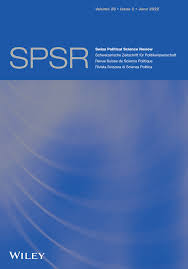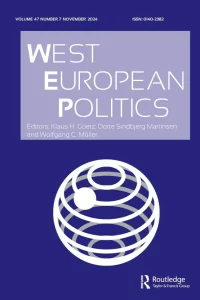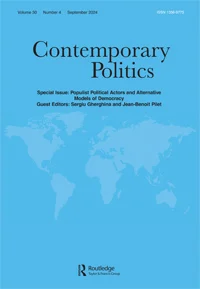The welfare state has been a topic of increased political debate. In this context, this analysis
aims to identify the existence of potential patterns in the stressful situation to which
mainstream centre-left parties have been subject since 2008. The analysis builds on a new
dataset covering 252 parties from 30 countries, the 27 European Union Member States, the
United Kingdom, Norway, and Switzerland. The main results show that it is difficult to
provide a general overview of how the Great Recession impacted the electoral performance
of the mainstream centre-left. Indeed, the statistical analysis shows important variance
across welfare models, indicating that the context shapes the dynamics of the party
competition. Moreover, results indicate that the competition on pro-welfare platforms
from both the left and the right of the political spectrum varies importantly with different
patterns and formulas across the five welfare types.





